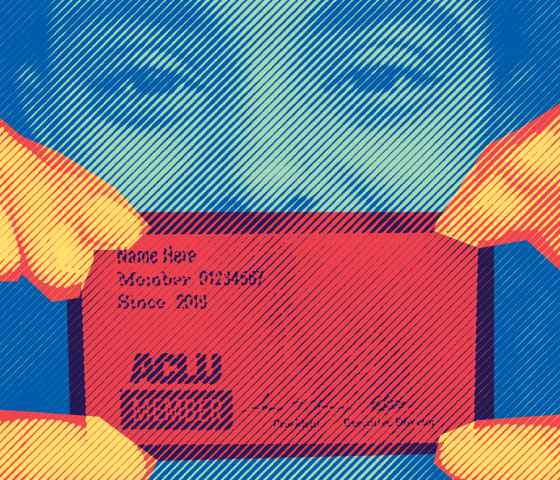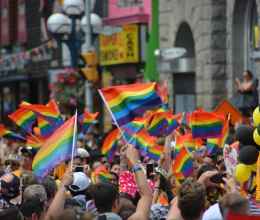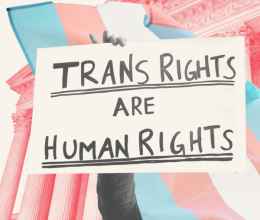The ACLU of Arizona is dedicated to protecting the rights of lesbian, gay, bisexual, transgender, and queer (LGBTQ) people in our state. Our work includes fighting for fair treatment by the government; protecting LGBT people from discrimination in jobs, schools, housing, and public accommodations; and working for equal rights for same-sex couples and their families.
Have you been discriminated against at work for being LGBTQ? Have you ever been denied housing because of your sexual orientation or gender identity? Have you been refused service in a restaurant or other public business because of who you are? Stories of discrimination help us make clear that the lack of legal protections affects LGBTQ people every day.
Share your story with the ACLU of Arizona.
LGBTQ Youth
Many of the ways in which schools violate LGBTQ students’ rights are things we at the ACLU of Arizona have seen countless times. For example, public high schools may sometimes try to prevent students from forming Gender and Sexuality Alliance, or Gay Straight Alliance, (GSA) clubs, in violation of the Equal Access Act and despite over a dozen federal court victories for GSAs over the past two decades.
Recently, trans youth have come under attack in state legislatures across the country. Our state has excluded athletes from participating in sports teams that align with their gender identity and interfered with the relationship between doctors, trans youth, and their families. Extremist lawmakers have also proposed bills that would require schools to out trans students against their will, forbid teachers from using a student’s correct pronouns, and prohibit the discussion of certain topics in classrooms. Advancing these bills endangers trans students, who have the right to be treated with dignity and respect at school.
Students experiencing anti-LGBTQ discrimination at their schools can [intake.acluaz.org]contact the ACLU of Arizona for help, but you may first want to try advocating for yourself using one of the ACLU’s open letters to schools. You can find those and other resources here.
Pronouns
Not all people use pronouns in exactly the same way and sometimes it’s not possible to tell what pronouns someone uses just by looking at them. Calling someone by the correct name and pronouns is a sign of respect and being referred to by the wrong name or pronouns—which is sometimes called “misgendering”—can feel like a personal attack. This is especially true for many transgender people, as others may use the wrong name or pronoun as a way to dismiss or deny that person’s authentic gender identity.
To learn more, click here for our “Primer on Pronouns” sheet that we created to share with other people and organizations who may need additional information.


